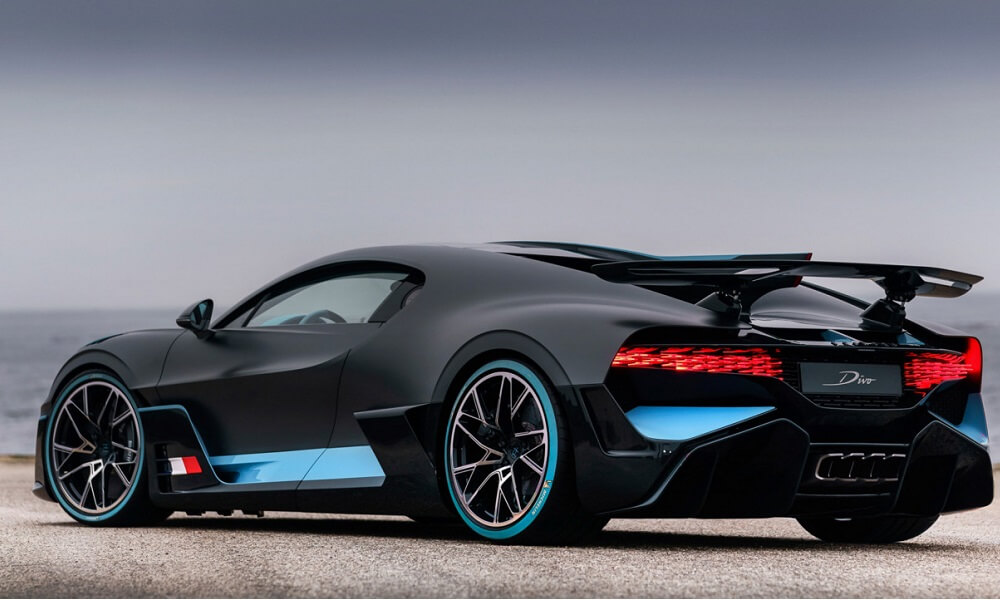Performance parts have long been a go-to for car enthusiasts and everyday drivers looking to improve their vehicle’s speed, handling, and efficiency. But with a seemingly endless list of modifications available, how do you determine which ones are worth the investment? This comprehensive guide will help you understand the value of various performance mods, ensuring you make informed decisions that enhance your driving experience.
What Are Performance Parts?
Definition and Purpose
Performance parts are aftermarket or factory-upgrade components designed to improve a vehicle’s performance. They enhance various aspects, such as horsepower, torque, braking, handling, and fuel efficiency.
Categories of Performance Parts
- Engine Mods: Increase power and responsiveness.
- Suspension and Handling Improvements: Enhance ride quality and control.
- Exhaust Upgrades: Boost airflow for better engine performance.
- Aerodynamic Enhancements: Improve speed and stability by reducing drag.
Stock vs. Aftermarket Parts
- Stock Performance Parts: Installed by the manufacturer, offering reliability but limited customization.
- Aftermarket Performance Parts: Provide a wider range of options for enthusiasts seeking specific upgrades.
Key Considerations Before Investing in Performance Parts
-
Intended Use
Determine whether you want mods for daily driving, racing, or off-roading. The type of use directly impacts which upgrades are most beneficial.
-
Compatibility with Your Vehicle
Always verify that a part is compatible with your car’s make, model, and year to avoid performance issues or installation challenges.
-
Budget Constraints
Some mods, such as turbochargers, are expensive but deliver significant power gains, while others, like high-performance spark plugs, are budget-friendly with incremental improvements.
-
Legal and Warranty Implications
- Certain mods may void your vehicle’s warranty.
- Ensure mods comply with local laws, particularly those affecting emissions and noise levels.
-
DIY vs. Professional Installation
While some upgrades, like air filters, are DIY-friendly, complex mods like turbochargers require professional installation.
Performance Mods Explained: Categories and Their Worth
-
Engine Mods
Cold Air Intake Systems
- Improves airflow to the engine, enhancing combustion efficiency and power output.
- Cost: $100–$300.
- Worth It? Yes, especially for beginners seeking affordable performance gains.
Turbochargers and Superchargers
- Increase horsepower by forcing more air into the engine.
- Cost: $1,000–$6,000.
- Worth It? Yes, for those seeking significant power boosts, but they require careful maintenance.
High-Performance Spark Plugs
- Provide a stronger spark for efficient combustion.
- Cost: $10–$15 per plug.
- Worth It? Yes, as an inexpensive and easy-to-install upgrade.
ECU Tuning and Programmers
- Adjust engine parameters like fuel injection and ignition timing for optimized performance.
- Cost: $300–$1,000.
- Worth It? Yes, especially when combined with other engine mods.
- Exhaust System Mods
Cat-Back Exhaust Systems
- Improve airflow and increase horsepower.
- Cost: $300–$600.
- Worth It? Yes, for noticeable performance and sound improvements.
Performance Mufflers
- Enhance exhaust sound and provide minor power gains.
- Cost: $50–$150.
- Worth It? Yes, for drivers seeking an affordable sound upgrade.
Headers
- Optimize the expulsion of exhaust gases, improving efficiency.
- Cost: $150–$400.
- Worth It? Yes, particularly when combined with a cat-back system.

-
Suspension and Handling Upgrades
Performance Tires
- Improve traction, stability, and braking.
- Cost: $400–$800 per set.
- Worth It? Yes, as tires are critical for both performance and safety.
Coilovers and Lowering Springs
- Enhance handling and reduce body roll.
- Cost: $200–$2,000.
- Worth It? Yes, for improved stability and aesthetics.
Sway Bars and Strut Braces
- Minimize chassis flex and improve cornering.
- Cost: $100–$300.
- Worth It? Yes, for drivers seeking better handling.
Brake Upgrades
- High-performance pads, rotors, and calipers provide better stopping power.
- Cost: $200–$1,500.
- Worth It? Yes, for both safety and performance.
-
Aerodynamic Enhancements
Front Splitters and Rear Spoilers
- Reduce drag and improve downforce.
- Cost: $50–$300.
- Worth It? Yes, for high-speed stability.
Underbody Panels
- Enhance airflow and improve fuel efficiency.
- Cost: $100–$500.
- Worth It? Yes, for enthusiasts focused on aerodynamics.
-
Drivetrain and Transmission Mods
Short-Throw Shifters
- Enable faster, more precise gear changes.
- Cost: $100–$300.
- Worth It? Yes, for a sportier driving feel.
Upgraded Clutches
- Handle increased power loads effectively.
- Cost: $400–$1,500.
- Worth It? Yes, for cars with engine mods.
Limited-Slip Differentials
- Improve traction during acceleration and cornering.
- Cost: $500–$1,500.
- Worth It? Yes, for racing and off-roading applications.
-
Weight Reduction Mods
Lightweight Wheels
- Reduce rotational mass for better acceleration and handling.
- Cost: $400–$1,000 per set.
- Worth It? Yes, for noticeable performance improvements.
Carbon Fiber Components
- Reduce overall vehicle weight while maintaining strength.
- Cost: $200–$800.
- Worth It? Yes, for those optimizing their power-to-weight ratio.
Evaluating the Worth of Performance Mods
Cost-to-Performance Ratio
Mods like cold air intakes and ECU tuning offer high returns on investment, while others like turbochargers require a substantial budget but deliver significant gains.
Long-Term Benefits
Performance mods can increase resale value and improve the reliability of your vehicle when installed correctly.
Potential Drawbacks
Some mods may lead to increased maintenance costs or reduced fuel economy.
Combining Mods for Maximum Effect
- Engine + Exhaust + ECU Tuning: Best for horsepower gains.
- Suspension + Tires + Aerodynamics: Ideal for track performance.
- Weight Reduction + Drivetrain Mods: Optimized acceleration and handling.
Tips for First-Time Modders
- Start Small: Begin with mods like high-performance spark plugs or air filters.
- Research Thoroughly: Understand how each mod impacts your car.
- Join Communities: Learn from experienced enthusiasts and gain inspiration.
Conclusion
Performance mods can drastically enhance your car’s capabilities, but not all are created equal. By assessing your goals, budget, and vehicle compatibility, you can focus on upgrades that provide the best value and experience. Whether you’re a beginner or a seasoned enthusiast, investing in the right performance parts will ensure your car performs at its peak.

